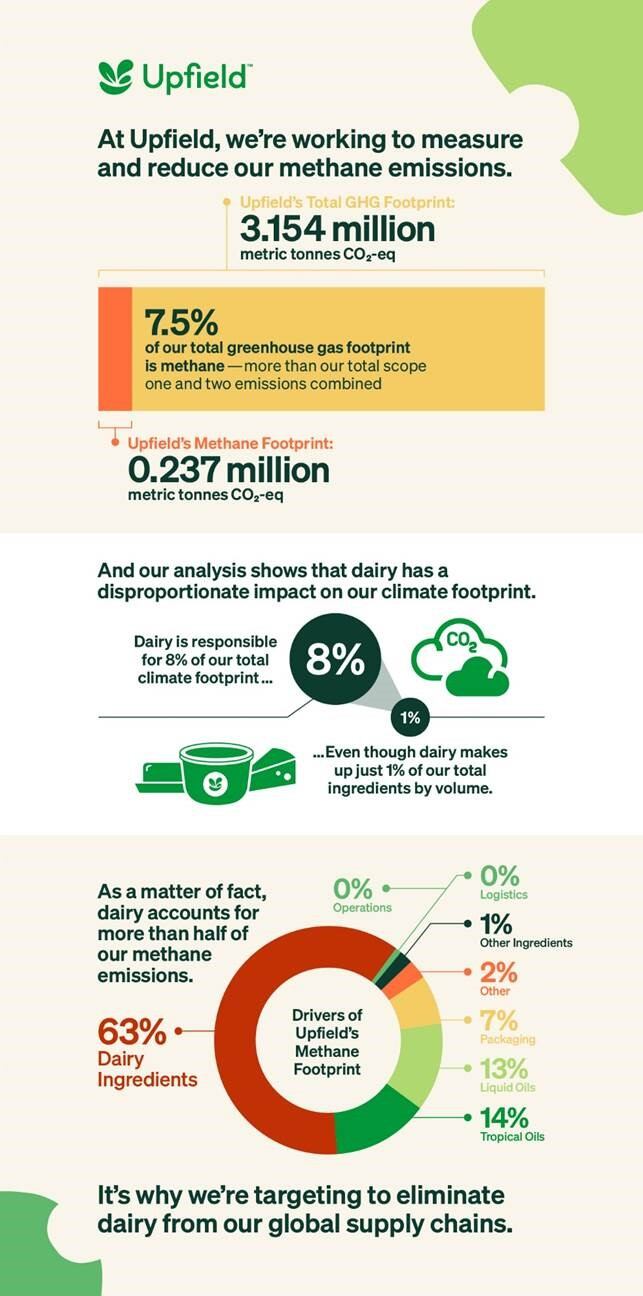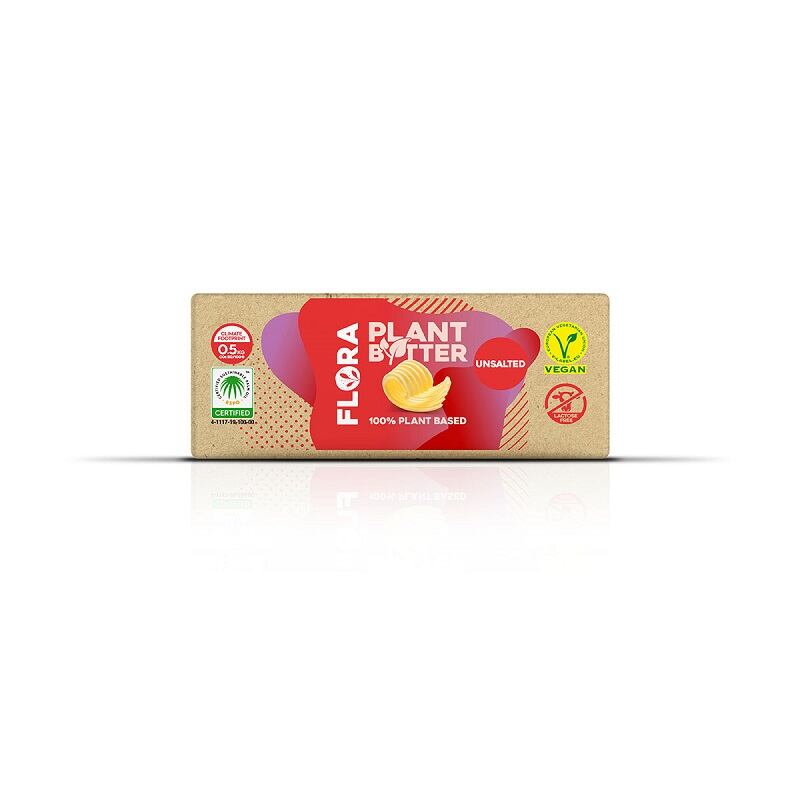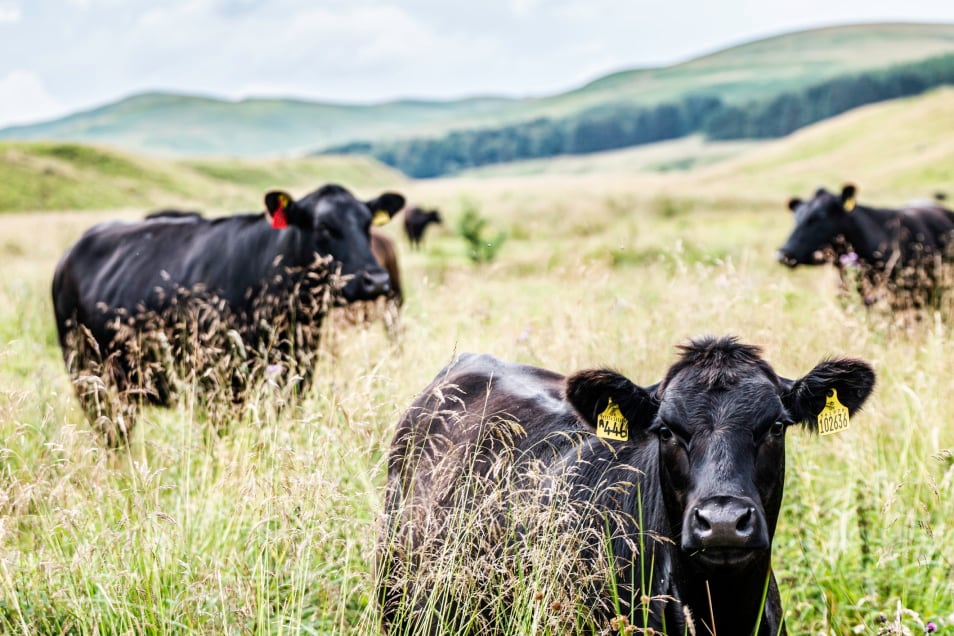The plant-based margarines and spreads maker reports that 7.5% of its total greenhouse gas footprint comes from methane.
Methane, although it has a shorter life, is a much more potent greenhouse gas, causing around 86 times more warming than CO2, according to the Intergovernmental Panel on Climate Change.
According to the Climate & Clean Air Coalition and UNEP’s Global Methane Assessment (2021), the agriculture sector is the largest emitter of anthropogenic methane emissions, accounting for 40% of emissions, with livestock emissions from manure and enteric fermentation (burping and farting) representing roughly 32%.
Upfield claims it is the largest plant-based food company in the world. But despite its lack of livestock it was surprised to discover that methane emissions make up around 7.5% of its entire greenhouse gas footprint, which is ‘no small amount’, it said.

The Amsterdam-based company, whose brands include Flora, Rama, Blue Band, ProActiv, Becel, I Can’t Believe It’s Not Butter, Country Crock and Violife, worked with sustainability groups Anthesis and Quantis to discover the sources of its methane.
The analysis showed that the small proportion of its dairy ingredients (1% of the total) was responsible for most (63%) of its methane emissions. Other drivers of its methane footprint included its plant oils (27%), packaging and use of fossil fuels.
The company said its decision to examine and release its methane footprint was ‘to demonstrate that it is possible and straightforward’.
“Given the disproportionate impact that dairy has on our methane emissions and on our overall greenhouse gas emissions (8% of our total), we know that our commitment to eliminate dairy from all our products in the coming years will help to reduce both our methane footprint and our overall greenhouse gas footprint,” it said.
“Upfield now knows that removing all remaining dairy from its ingredients, moving away from fossil fuels in factories and logistics, and understanding on-farm methane in the company’s plant-based supply chains will all help with methane reduction.”
Sally Smith, Upfield’s Global Director Sustainability and ESG added that despite COP26’s focus on methane, it was primarily centered on fossil fuels. There was not enough discussion of methane emissions in the food sector, she said.
“Important discussions started on the urgency with which we need to address methane as a contributor to the climate crisis at COP26 around fossil fuels, while methane in the food and agriculture sector was hardly mentioned. We are disclosing our methane footprint to set a precedent for methane transparency in the food sector. We want to help establish a methodology for measuring and disclosing methane, and to encourage action to rapidly reduce this harmful greenhouse gas. If you think there is a better way to disclose methane, we would like to hear it.”



